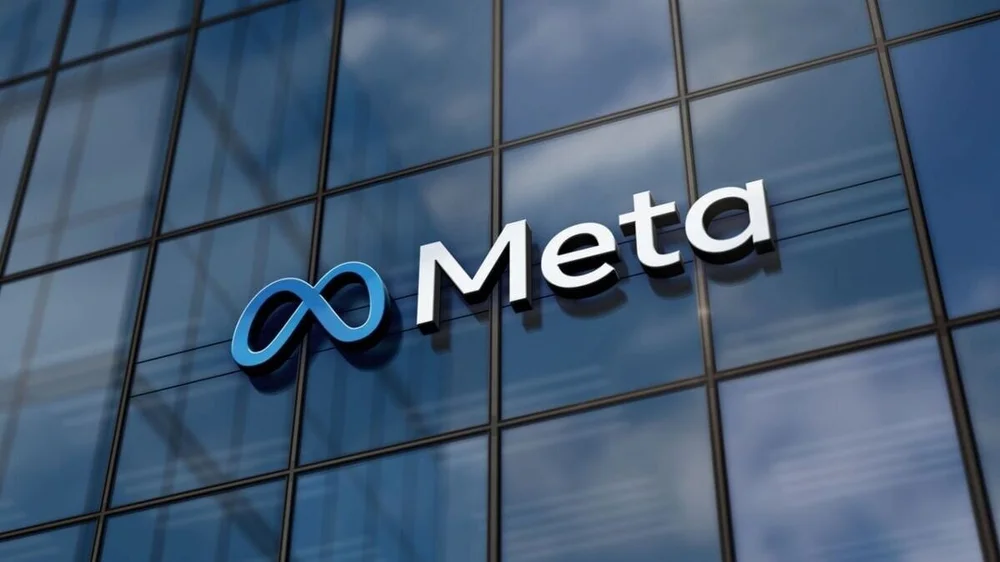Meta Abandons Fact-Checking Program to Foster Free Expression

In a significant shift in its content moderation policies, Meta, the parent company of Facebook, Instagram, and Threads, has announced the end of its third-party fact-checking program. This decision, revealed by CEO Mark Zuckerberg on January 7, 2025, marks a substantial change in how the platform will handle the accuracy and validity of user-generated content.
The New Community Notes System
Meta is replacing its fact-checking program, which was launched in 2016, with a community-driven system called Community Notes. This new approach is designed to simplify content moderation policies, reduce errors, and prioritize free expression. The Community Notes system, similar to that used on the platform X, will rely on users to review and comment on the accuracy of posts. This change will initially roll out in the United States and is planned to expand globally by 2025.
Rationale Behind the Change
Zuckerberg explained that the existing fact-checking system had become overly complex, leading to unintended consequences such as the censorship of harmless content and the frustration of users. "We built a lot of complex systems to moderate content. But the problem with complex systems is they make mistakes even if they accidentally censor just 1% of posts. That’s millions of people," Zuckerberg stated. He emphasized the need to return to the platform's roots, focusing on reducing mistakes, simplifying policies, and restoring free expression.
Impact on Content Moderation
Under the new system, users will be able to submit notes sharing their views on posts and review one another’s notes. This collective approach aims to prevent biased ratings by requiring agreement among users with diverse perspectives. While Community Notes will handle broader content moderation, Meta will maintain strict oversight for critical issues such as terrorism, child exploitation, and drug-related content.
Political Content and Moderation Changes
In addition to the Community Notes initiative, Meta is making significant changes to how it handles political content. The company will no longer limit the visibility of political posts in users’ feeds as strictly as before. Instead, it will display political posts more frequently based on user interactions, such as likes and views. Users will also have the option to filter out political content from their feeds if they choose to do so.
Automated Moderation and Transparency
Meta's automated moderation systems will be adjusted to focus primarily on high-severity violations, such as posts promoting illegal activities. For less severe policy violations, the company will rely on user reports and require a higher degree of confidence before taking down content. To enhance transparency, Meta will share statistics about its content moderation mistakes and make it easier for users to appeal policy enforcement decisions.
Broader Implications
This shift aligns Meta with the content moderation models championed by other platforms, such as X, which is owned by Elon Musk. The decision comes at a time when Meta is facing scrutiny over its content moderation practices, including a recent letter from incoming Federal Communications Commission chair Brendan Carr accusing the company of participating in a "censorship cartel."
For expats in Spain and global users, this change signifies a new era in how social media platforms balance the need for accurate information with the principles of free expression. As Meta navigates this new approach, it will be crucial to monitor how effectively Community Notes can mitigate misinformation while preserving the open dialogue that social media platforms aim to facilitate.
Related Stories

Global Outage Hits Meta Platforms: WhatsApp, Facebook, and Instagram Down for Hours
A global outage affected WhatsApp, Facebook, and Instagram, disrupting millions. Meta worked swiftly to resolve the issue, marking its second major disruption in 2024.

Creating a Safe Digital Environment: A Crucial Step for a Healthy Childhood in Spain
Spain takes significant steps towards ensuring children's online safety amid rising concerns, introducing the world's first mobile tariff with built-in child protection and emphasizing digital literacy and global cooperation.

Spain's Progress and Challenges in the EU's Digital Decade and Economic Landscape
Spain advances in digital transformation and economic growth, yet faces hurdles in cloud adoption, ICT specialist recruitment, and youth unemployment as 2024 ends.

Worldcoin Ordered to Delete User Iris Data Following GDPR Violations
Worldcoin faces a GDPR compliance challenge as it's ordered to delete European users' iris data, highlighting the clash between innovative tech and data protection laws.

Torrelavega’s Tecnoteca Project Nears Completion, Set to Open in 2025
Torrelavega's Tecnoteca project, a hub for innovation and education, is set to open in 2025, promising to transform the local landscape in Cantabria, Spain.